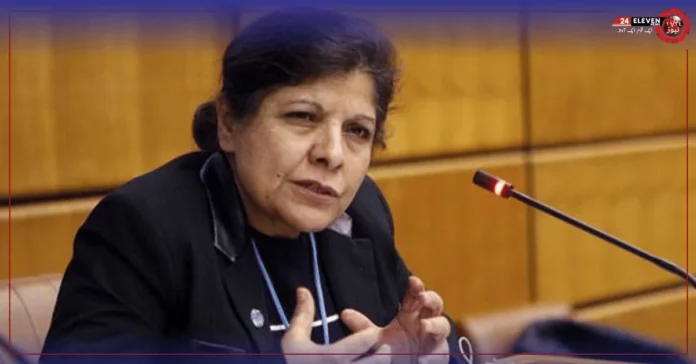The interim Finance Minister, Dr. Shamshad Akhtar, has signaled a potential increase in electricity and gas tariffs come January, hinting at the caretaker government’s plan. This move, part of the commitment under the International Monetary Fund’s (IMF) Stand-By Arrangement, aims to address the high costs in the energy sector and restore its efficiency.
During a press conference, Dr. Akhtar emphasized the urgency of tackling the circular debt in the power and gas sectors, which currently exceeds 4% of the Gross Domestic Product (GDP).
Rread More: Privatization Commission’s Board to Convene Today for PIA Sale Discussions
Discussions with the IMF have revolved around tariff adjustments in the energy sector and the possibility of additional taxes on sectors like real estate and retail. However, final decisions on these matters are yet to be made.
Highlighting Pakistan’s need for a new short-term IMF program due to fragile macroeconomic stability, she hinted at a potential medium-term program post the conclusion of the Stand-By Arrangement.
The Finance Secretary, Imdad Bosal, expressed optimism about a successful IMF review unlocking the program and project loans from various multilateral lenders. Anticipating a decrease in the current account deficit, Bosal expects this to alleviate the external financing requirement.
Rread More: Egyptian Fintech Leader MNT Halan Acquires Advans Pakistan Microfinance Bank
Dr. Akhtar also mentioned anticipated disbursements from the World Bank amounting to $2 billion for the current fiscal year. She emphasized the expected increase in foreign exchange reserves following the approval of a $700 million tranche from the IMF, estimating a total disbursement of $1.9 billion out of $3 billion under the Stand-By Arrangement.
Addressing efforts to stabilize the economy, Dr. Akhtar highlighted proactive measures aimed at boosting market confidence. These include initiatives such as the $3 billion SBA program and the establishment of the Special Investment Facilitation Council, aimed at expediting investments in critical infrastructure.



